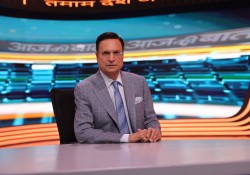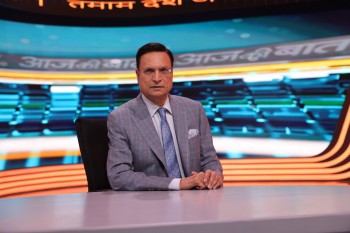
Online games: Why ban was necessary?

With the passage of the Bill to prohibit online money gaming, the stage is now set for enforcing it after the President grants her assent to the bill.
Several top real-money gaming companies, including Dream11 parent Dream Sports, Gameskraft, Mobile Premier League (MPL) and Zupee have suspended their online gaming after the Promotion and Regulation of Online Gaming Bill was approved by Parliament.
The bill seeks to ban all forms of online money games, defined as games where users deposit money, directly or indirectly, with the expectation of winnings. At the same time, the bill aims to promote eSports and online social gaming.
Union Minister of Electronics and Information Technology Ashwini Vaishnaw has described money-gaming as one akin to drug addiction. He said, powerful people behind online money games will challenge the decision in courts and they will run social media campaigns. “We have seen the impact of online gaming and how money is used to support terror”, he added.
To put in a nutshell, online betting in India has now become illegal and all such platforms will have to be closed down despite loss of nearly Rs 20,000 crore tax revenue to the Centre.
According to a FICCI report, revenue from online gaming to the government could have reached Rs 78,500 crore by 2029, had this trend continued. The valuation of fantasy cricket company Dream11 has reached Rs 70,000 crore. Its brand ambassadors were top cricketers like Mahendra Singh Dhoni, Rishabh Pant and Jaspreet Bumrah.
More than 15 crore people in India play real money games like Fantasy Sports, My11Circle, Mobile Premier League, Dream Eleven, WinZo, Junglee, Rummy, Poker, etc. On an average, nearly 11 crore people play online games almost daily.
Ashwini Vaishnaw says, this mass addiction towards online gaming has led to suicidal tendencies and psychological disorders among people. The World Health Organisation has named it as “gaming disorder”.
The online gaming market in India today is roughly Rs 2 lakh crore, and gaming companies earn nearly Rs 30,000 crore annually. Losers lose substantial amount of money and the winners have to pay hefty commission to the companies. All these games will now come to a halt.
Anybody found promoting online gaming or providing platforms will have to face up to two years’ jail and up to Rs 50 lakh fine. The government has struck at the roots of this industry. No punishment has been provided for those who lay bets as most of them hail from poor and middles classes.
Under the new law, all online games will not be prohibited. Skill-based games will be promoted for which a central nodal authority will be set up with a grant of Rs 50 crore. The Centre will provide Rs 20 crore annually to promote e-sports activity.
Three top associations of gaming industry, E-gaming Federation, All India Gaming Federation and Federationof Indian Fantasy Sports had written to Home Minister Amit Shah saying that millions of people employed in this industry will lose their jobs.
It is a fact that online gaming had become a huge industry in recent years. It is also true that the government will lose Rs 20,000 crore in revenue. It is also a fact that thousands of people will lose their jobs. In spite of all this, the government took the risk of clamping a ban on online games because the loss that was being caused to our youths is much higher than the monetary loss of revenue. These online games incite many of our youths to commit suicide when they lose money. Many of these youths lose their mental balance.
It is towards this objective that the government decided to sacrifice Rs 20,000 crore of its revenue. This move should be applauded. Ashwini Vaishnaw’s decision is historic. It is meant to protect the future of millions of our youths.
The objective is to save thousands of crores of hard-earned money of poor families. This law will show a path to other countries where online gaming is popular.